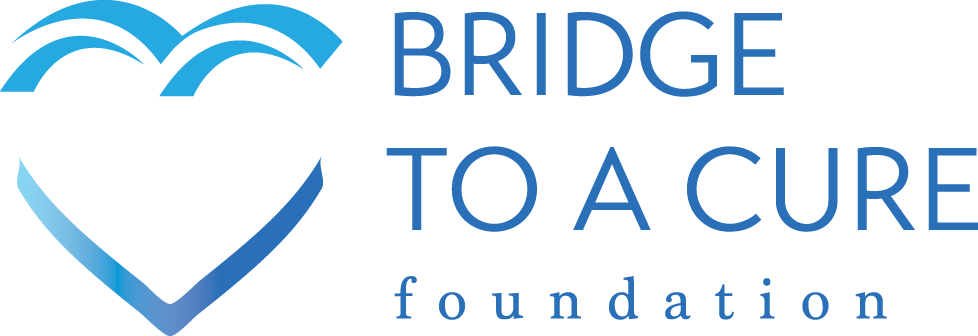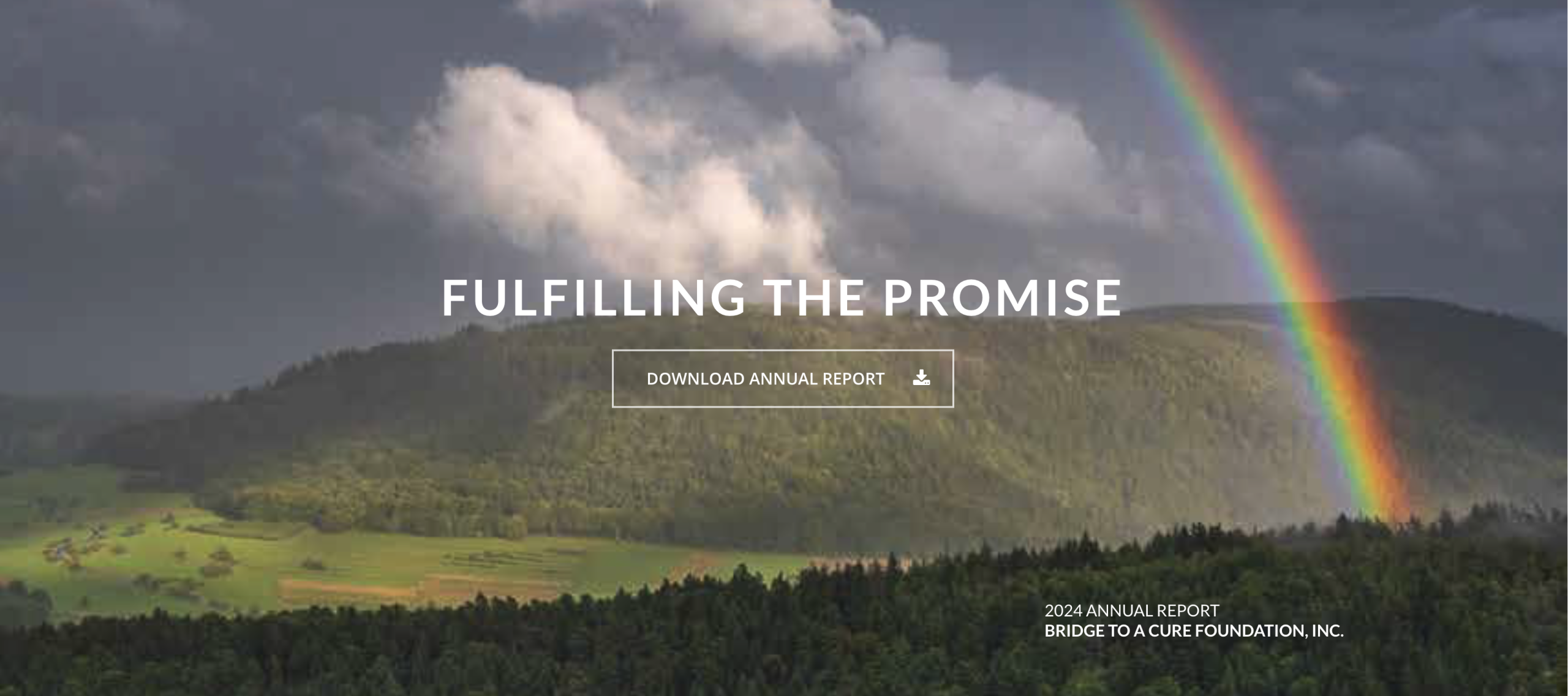Fulfilling the Promise: From Vision to Action.
Since 2017, we’ve worked to dismantle the barriers holding back progress in treating childhood brain tumors. The traditional research model—essentially unchanged for over four decades—was not delivering meaningful breakthroughs. Bridge To A Cure has changed that model. By championing a widely embraced framework that integrates data-driven insights, artificial intelligence, and a focus on nontoxic biologically targeted treatments, we’ve forged a new reality for researchers, redefining what’s possible.
Read how we are fulfilling the promise
01. A Trailblazing Research Paradigm
The Situation
Traditional treatment approaches rely on chemotherapy and radiation, which often harm healthy brain tissue and result in life-altering side effects. Children deserve better. Advances in data science, AI, and immune-focused biology now make it possible to develop more precise, less toxic, and effective treatments.
The Challenge
Despite the promise, these advancements remain underutilized in pediatric brain cancer research. There is a lack of infrastructure, limited funding, and insufficient incentives to deviate from conventional research models.
OUR PLAN
Fund and activate three multi-institutional, cross-disciplinary research initiatives aimed at curing a form of pediatric glioblastoma, powered by the Bridge To A Cure framework.
- Identify vulnerabilities in cancer cells
- Activate the immune system
- Disrupt tumor blood supply (angiogenesis)
- Trigger programmed cell death (apoptosis)
This is more than a research project. It’s a blueprint for how future cures can be discovered—and delivered—faster and more safely across the pediatric disease landscape.
02. Transform the Culture
The Situation
In a time of declining government funding and growing complexity in pediatric brain tumor research, collaboration isn’t just helpful—it’s essential. Yet too often, institutions operate in silos, duplicating efforts, competing for resources, and slowing the pace of progress.
The Challenge
Changing a deeply entrenched culture is never easy. It requires leadership, coordination, and a shared belief that working together will yield better results than working alone.
OUR PLAN
We are launching a culture transformation initiative that aligns the pediatric brain tumor research community around shared goals, open data, and a commitment to collaboration. By partnering with an influential institution to lead this work, we will:
- Break down barriers between labs and organizations
- Incentivize open science and data sharing
- Build trust and accountability into the system
- Make collaboration the default, not the exception
Together, these initiatives will do more than improve research—they will rewrite the playbook for how cures are discovered and delivered.



